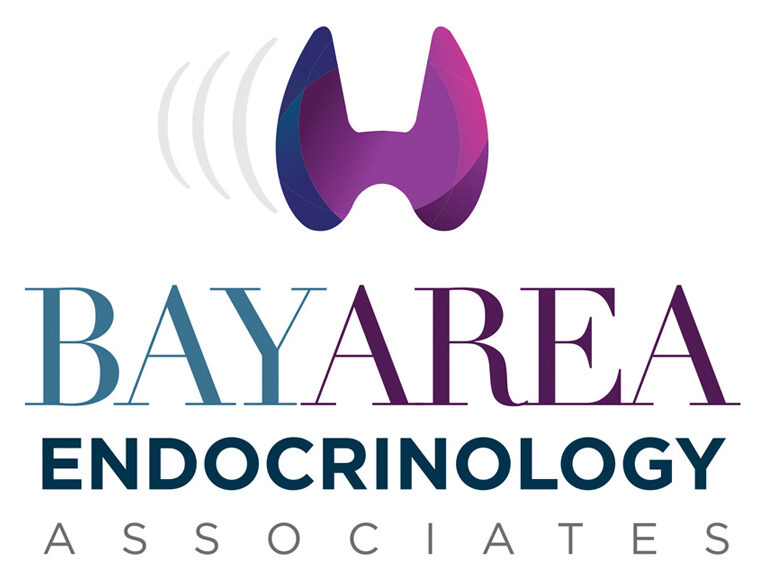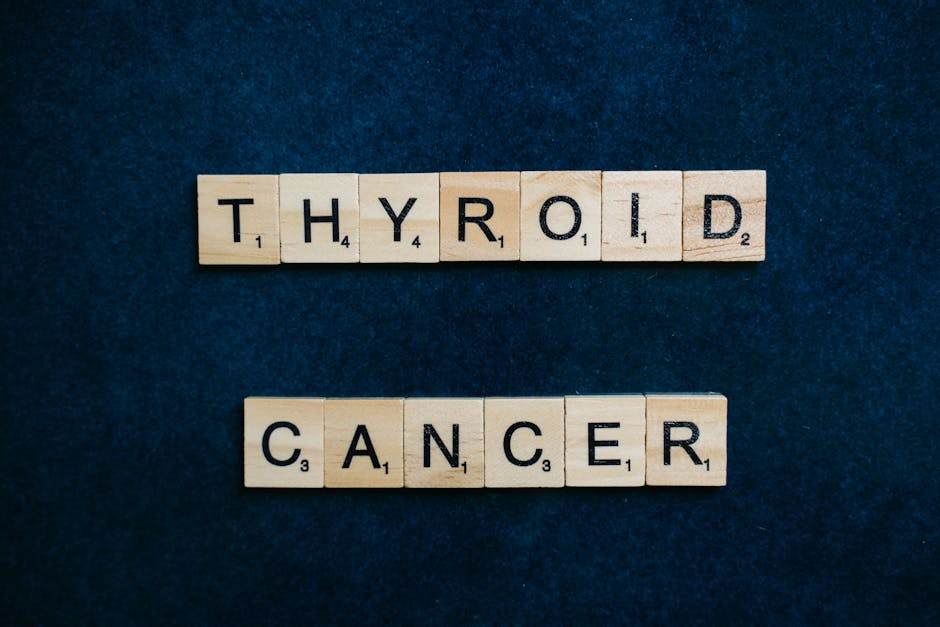Thyroid disorders are common, affecting millions of people worldwide. Two of the most prevalent conditions are hypothyroidism and hyperthyroidism, each presenting unique challenges to those affected. Understanding the differences between these conditions is crucial for recognizing symptoms, seeking appropriate treatment, and managing your health effectively.
What is Hypothyroidism?
Hypothyroidism, or underactive thyroid, is a condition where the thyroid gland doesn’t produce enough thyroid hormones. These hormones are essential for regulating the body’s metabolism, so a deficiency can slow down metabolic processes. This condition can stem from factors such as Hashimoto’s thyroiditis (an autoimmune disease), treatment for hyperthyroidism, radiation therapy, or thyroid surgery.
Symptoms of Hypothyroidism:
– Fatigue and lethargy
– Weight gain and difficulty losing weight
– Sensitivity to cold
– Dry skin and hair
– Depression
– Slow heart rate
What is Hyperthyroidism?
Conversely, hyperthyroidism, or overactive thyroid, occurs when the thyroid gland produces too much thyroid hormone. This excess hormone accelerates the body’s metabolic processes, which can cause a variety of symptoms. Causes of hyperthyroidism include Graves’ disease (another autoimmune disorder), thyroid nodules, and excessive iodine intake.
Symptoms of Hyperthyroidism:
– Unintended weight loss
– Increased appetite
– Heat intolerance
– Anxiety and nervousness
– Rapid or irregular heartbeat
– Difficulty sleeping
Diagnosing and Treating Thyroid Disorders
Diagnosing hypothyroidism and hyperthyroidism typically involves a combination of physical examinations, symptom evaluation, and blood tests to measure levels of thyroid hormones and TSH. Treatment strategies differ significantly between the two conditions:
– Hypothyroidism Treatment: Usually involves daily hormone replacement therapy to restore hormone levels to their normal range. Patients need to monitor their hormone levels regularly, adjusting medication as needed.
– Hyperthyroidism Treatment: May include medication to reduce thyroid hormone production, radioactive iodine treatment to destroy overactive thyroid cells, or surgery to remove part of the thyroid gland.
Living with Thyroid Disorders
Managing a thyroid disorder requires ongoing care and lifestyle adjustments. Regular follow-ups with your healthcare provider, taking medications as prescribed, and monitoring your symptoms are key steps in managing your condition. Additionally, staying informed about your condition and treatment options can empower you to take an active role in your health care.
Contact A Tampa Thyroid Disorder Doctor Today
While hypothyroidism and hyperthyroidism are both thyroid disorders, they are distinct conditions with different symptoms, causes, and treatment approaches. Recognizing the signs and understanding the differences between these conditions are the first steps toward getting the help you need.
If you suspect you have a thyroid disorder or if you’re experiencing symptoms that concern you, don’t hesitate to reach out for professional advice. Bay Area Endocrinology Associates specializes in the diagnosis and treatment of thyroid and metabolic conditions, providing expert care tailored to your individual needs. Contact us or call today to schedule an appointment, and take control of your thyroid health.







